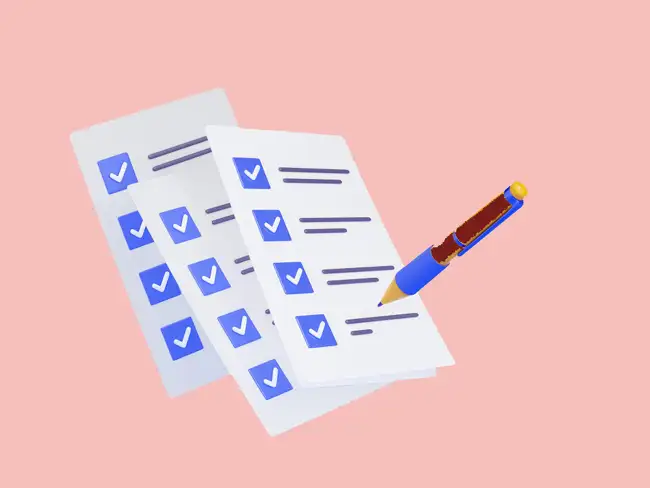Cheating on exams – an English question for IELTS & TOEFL candidates to practice writing and speaking
If you saw someone cheating on an exam, how would you react?
What if you had signed an honor code?
Reading practice
Students cheat on assignments and exams.
Students might not understand or may have different models of what is considered appropriate help or collaboration or what comprises plagiarism.
Students might blame their cheating behavior on unfair tests and/or professors.
Some students might feel an obligation to help certain other students succeed on exams.
Some students might cheat because they have poor study skills that prevent them from keeping up with the material.
Students might be in competition with other students for their grades.
Students might perceive a lack of consequences for cheating and plagiarizing.
Students might perceive the possibility to cheat without getting caught.
Students are more likely to cheat when they feel anonymous in class.
Source: https://www.cmu.edu/




I well be sad ,because that is not fare so I tell to the teacher .
Feedback
I will be sad because this is not fair.
You’re right. Cheating on exams destroys fairness in measurement and testing.
As a teacher I react and consider punishment for those students who cheat on exam or assignment and consider such behavior as a sign of injustice in education. But when I was student I usually ignored if saw my classmates cheating especially if tthe result of such behavior didn’t change the level of students scores in the class considerably.
If I had signed an honor code I surely would have comply it.
* I surely would have comply it. = I would surely have complied with it. (conditional sentences Type III)
* when I was a student
* I usually ignored it (ignore is a transitive verb.)
1. If I got someone cheating on an exam, probably I wouldn’t tell the teacher. In high school and middle school I could always catch several students cheating, but never ratted them out. I’m not sure how should I react to it in collage or university.
2. In this case I again wouldn’t rat them out, unless it was an important or competitive exam.
I was studying hard at school and university, and for this reason, some of my classmates expected me to help them during the final exams. However, having enough self-esteem and self-respect, I seldom helped them. This is because they COULD study for the exams, but they didn’t, and I could have been like them as cool as a cucumber in response to the exams, but I didn’t and I studied hard. So, helping them would be equal to exercising injustice to myself.
To sign an honor code means to agree that you will comply with the established norms and regulations in an institution like schools, universities, etc., and all the members of that community or institution are expected to behave in accordance with these honor codes or ethical principles.